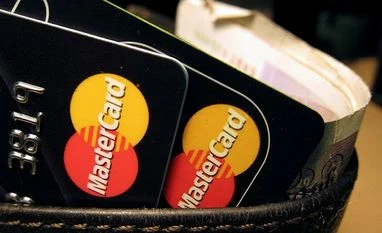The Delhi High Court on Wednesday sought the response of the Centre and the Reserve Bank of India (RBI) on a petition against the levy of transaction surcharges on purchase of petrol or diesel through credit and debit cards.
The public interest litigation (PIL), filed by advocate and citizen activist Amit Sahni, has stated that the levy of such a surcharge was discriminatory and promoted the circulation of black money. “The petitioner has noticed that illegal, unequal and arbitrary treatment is seen across the country on transactions being done through credit and debit cards by levying surcharge at the rate of 2.5 per cent or more, while such surcharge is not levied when the payment of such transaction is done through cash,” the PIL said.
Highlighting the fact that India was one of the most cash-intensive economies in the world, the petition also mentioned that there existed an urgent need to incentivise credit and debit card transactions and dis-incentivise the use of cash, to reduce dependency on paper money.
Sahni lauded Prime Minister Narendra Modi’s decision to scrap Rs 500 and Rs 1,000 notes, but called the stand of the Centre and RBI on the issue of waiving credit and debit card surcharges as “highly unfortunate” and contrary to the welfare of the nation.
Being the authorities responsible for the regulation of such surcharges, the petitioner has urged the Ministry of Finance and the RBI to frame appropriate guidelines at the earliest.
The court had in August asked the finance ministry and RBI to decide on the matter and inform the petitioner. Dissatisfied with the lack of progress, the court has now directed the counsels for the respondents to seek appropriate instructions before the next date of hearing on January 4, 2017.
)